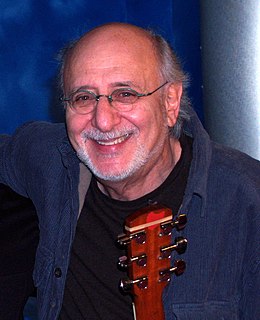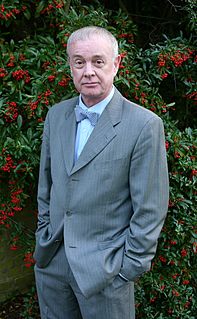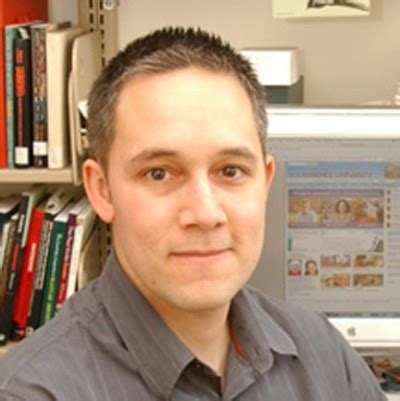A Quote by Nelson Mandela
I will use the rest of my life to help the poor overcome the problems confronting them - poverty is the greatest challenge facing humanity. That is why I build schools; I want to free people from poverty and illiteracy.
Related Quotes
Poor people are bonsai people. There is nothing wrong in their seeds. Simply, society never gave them the base to grow on. All it needs to get the poor people out of poverty for us to create an enabling environment for them. Once the poor can unleash their energy and creativity, poverty will disappear very quickly.
I can't help but react to the painful realities of the two-tiered society we live in, where the signs of poverty and inequity are everywhere. Almost twenty five percent of our children live at or below the poverty line. We expect the no-option life cycle of the poor to be interrupted by the weak social safety net and then wonder why building more jails doesn't solve the problems.
When we want to help the poor, we usually offer them charity. Most often we use charity to avoid recognizing the problem and finding the solution for it. Charity becomes a way to shrug off our responsibility. But charity is no solution to poverty. Charity only perpetuates poverty by taking the initiative away from the poor. Charity allows us to go ahead with our own lives without worrying about the lives of the poor. Charity appeases our consciences.
The notion about education has changed and that now it’s sort of much more aligned with, “Well, schools can’t combat poverty. We can’t possibly expect schools to do the work to overcome poverty.” I think that notion which has changed over the last few decades is part, not all, but part of what is maybe leading to people feeling less of a sense of possibility.
What do you think this very difficult situation will push? Especially in the hearts of those who are facing the starvation, facing the unemployment, facing this siege, facing the tragedy of their families - the poverty of their families. Some of them, they didn't find food to eat. What do you expect from them? In spite of death, our people are still patient. But patience has limits.
There is little favorable to be said about poverty, but it was often an incubator of true friendship. Many people will appear to befriend you when you are wealthy, but precious few will do the same when you are poor. If wealth is a magnet, poverty is a kind of repellent. Yet, poverty often brings out the true generosity in others.
Inevitably, people tell me that poor folks are lazy or unintelligent, that they are somehow deserving of their poverty. However, if you begin to look at the sociological literature on poverty, a more complex picture emerges. Poverty and unemployment are part and parcel of our economic order. Without them, capitalism would cease to function effectively, and in order to continue to function, the system itself must produce poverty and an army of underemployed or unemployed people.
As a reporter, you know the tropes of how stories on poverty work in any country. A reporter will go to an NGO and say, "Tell me about the good work that you're doing and introduce me to the poor people who represent the kind of help you give." It serves to streamline the storytelling, but it gives you a lopsided cosmos in which almost every poor person you read about is involved with a NGO helping him. Our understanding of poverty and how people escape from poverty, in any country, is quite distorted.








































